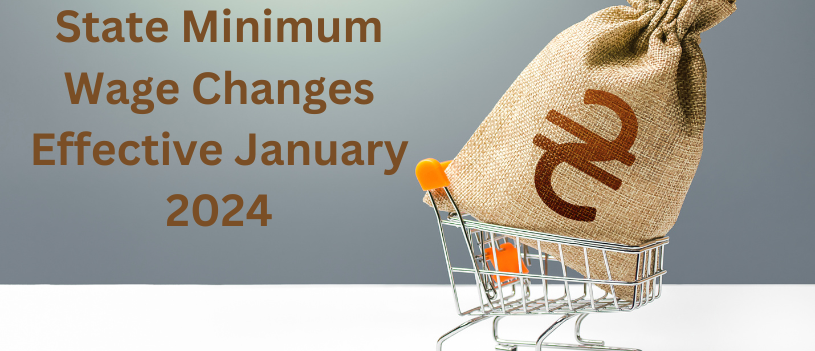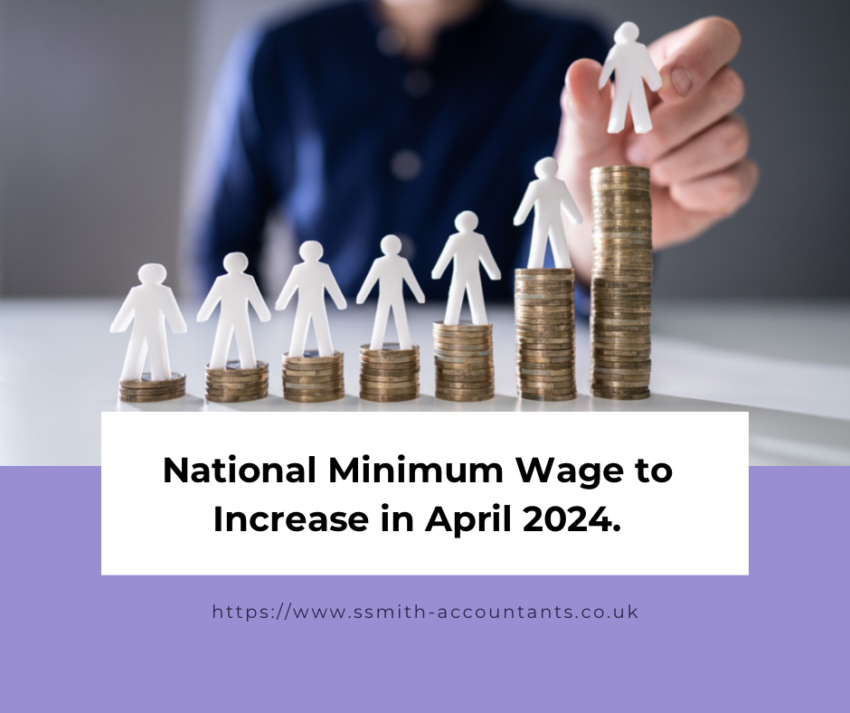Table of Contents
- Big Changes Coming: National Minimum Wage to Increase in April 2024 - S ...
- 2024 Minimum Wage Increase – 3.75%
- Nearly 10 million workers in 22 states will see boosts to minimum wage ...
- State Minimum Wage Changes Effective January 2024
- Poll: Should the minimum wage be increased to €12.70 for 2024?
- National Minimum Wage Increase – From 1st April 2024 - Kitson Boyce ...
- Ten million employees could benefit from the minimum wage increase on 1 ...
- The conundrum of National Minimum Wage changes for 2024
- Minimum wage increase 2024 is mandatory - Videos - Metatube
- 5 Key Business Benefits of the Digital Roster — Deputy


The federal minimum wage has remained stagnant at $7.25 per hour since 2009, prompting many states and cities to take matters into their own hands. Currently, 30 states have minimum wages higher than the federal rate, with some cities and counties implementing even higher rates. For instance, California, New York, and Massachusetts have all raised their minimum wages to $15 per hour or more in certain areas. These increases are expected to benefit millions of workers, many of whom are struggling to make ends meet.


States with Minimum Wage Increases


- California: $15.50 per hour for employers with 26 or more employees
- New York: $14.20 per hour for most employers
- Massachusetts: $15.15 per hour
- Michigan: $10.10 per hour
- New Jersey: $12.93 per hour


Cities with Minimum Wage Increases


- Seattle, WA: $18.69 per hour for large employers
- San Francisco, CA: $16.99 per hour
- Los Angeles, CA: $16.04 per hour for employers with 26 or more employees
- Chicago, IL: $15.40 per hour
- Washington, D.C.: $15.20 per hour
These minimum wage increases are expected to have a positive impact on workers, allowing them to better afford basic necessities like housing, food, and healthcare. However, some businesses have expressed concerns about the potential impact on their bottom line, citing increased labor costs. To mitigate these effects, some cities and states are offering tax credits or other incentives to help small businesses and non-profits adjust to the new wage rates.
The implementation of minimum wage hikes across the United States is a significant step towards addressing income inequality and promoting economic growth. As workers benefit from higher wages, they are more likely to spend their earnings locally, boosting economic activity and creating a positive ripple effect throughout their communities. While some challenges may arise, the long-term benefits of these increases are expected to outweigh the costs, ultimately leading to a more prosperous and equitable society for all.Stay informed about the latest developments in minimum wage laws and how they may affect your business or community. With the ongoing efforts to raise the minimum wage, it's essential to stay up-to-date on the latest changes and how they may impact your life.
